Yesterday saw the official launch of the International Year of the Periodic Table of Chemical Elements (IYPT) at the United Nations Educational, Scientific and Cultural Organization (Unesco) headquarters in Paris, France. Hundreds of chemistry enthusiasts gathered for a day-long programme of talks, roundtable discussions and musical performances to kick off IYPT.
They were treated to an interactive exhibition with hands-on chemistry demonstrations and a variety of periodic tables on display, including the European Chemical Society’s element scarcity periodic table, Nagayasu Nawa’s periodic table clock face and what is perhaps the oldest classroom periodic table, found under a lecture theatre at the University of St Andrews in the UK.
2019 was chosen as the IYPT to coincide with the 150th anniversary of Dmitry Mendeleev publishing his first draft of the periodic table. In her welcome address, Unesco’s director general Audrey Azoulay said Mendeleev’s work was ‘a tremendous event in the history of science’, and paid tribute to other chemists from history who had helped ‘unlock the mysteries’ of the elements including Antoine Lavoisier, August Kekulé, Johann Wolfgang Döbereiner and Marie Curie.
Later on, delegates heard from 2016 chemistry Nobel laureate Ben Feringa, who said it is thanks to Mendeleev we now know how to combine the elements in ways that will help us face up to the challenges of the future. ‘That is to say how to deal with CO2, climate change, how to sustainably design new processes and reinvent materials,’ he said. ‘There are many opportunities for industry and society. Today, we look to the past and celebrate, but we also look towards our future.’
Other keynote speakers included Yuri Oganessian – element 118, oganesson, was named in his honour – who talked about efforts to discover new superheavy elements at the Joint Institute for Nuclear Research in Dubna, Russia, and Martyn Poliakoff of the University of Nottingham, UK, who has been using the periodic table to introduce the public to chemistry through his YouTube channel for more than 10 years.
Natalia Tarasova, co-chair of the IYPT management committee and former president of the International Union of Pure and Applied Chemistry, said one of the overall aims of the IYPT will be to promote public awareness, not just of the periodic table but chemistry’s role in solving global problems. The year-long celebration will include many public events and initiatives to get people involved, including a global periodic table challenge and a video competition, as well as smaller-scale outreach activities run by chemistry societies and research institutions around the world. Tarasova said the IYPT also aimed to enhance international collaboration by ‘coordinating activities between learned societies, educational establishments and industry, focusing specifically on new partnerships and initiatives in the developing world’. She said there would also be a focus on ‘durable partnerships to ensure that these activities, goals and achievements continue in the future’.


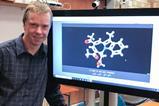


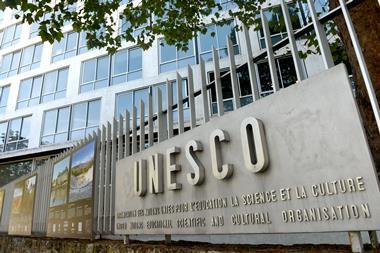
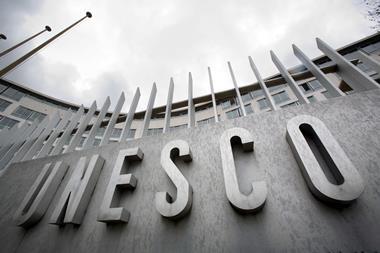
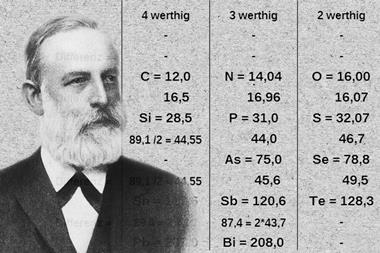
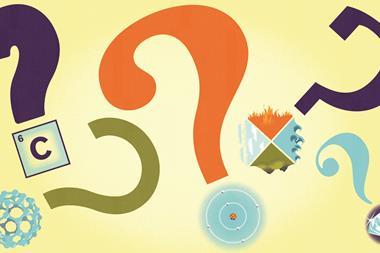
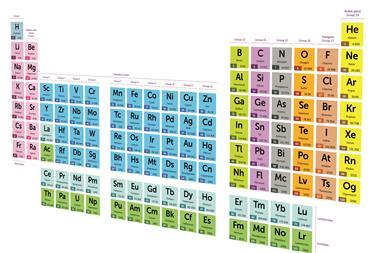







No comments yet